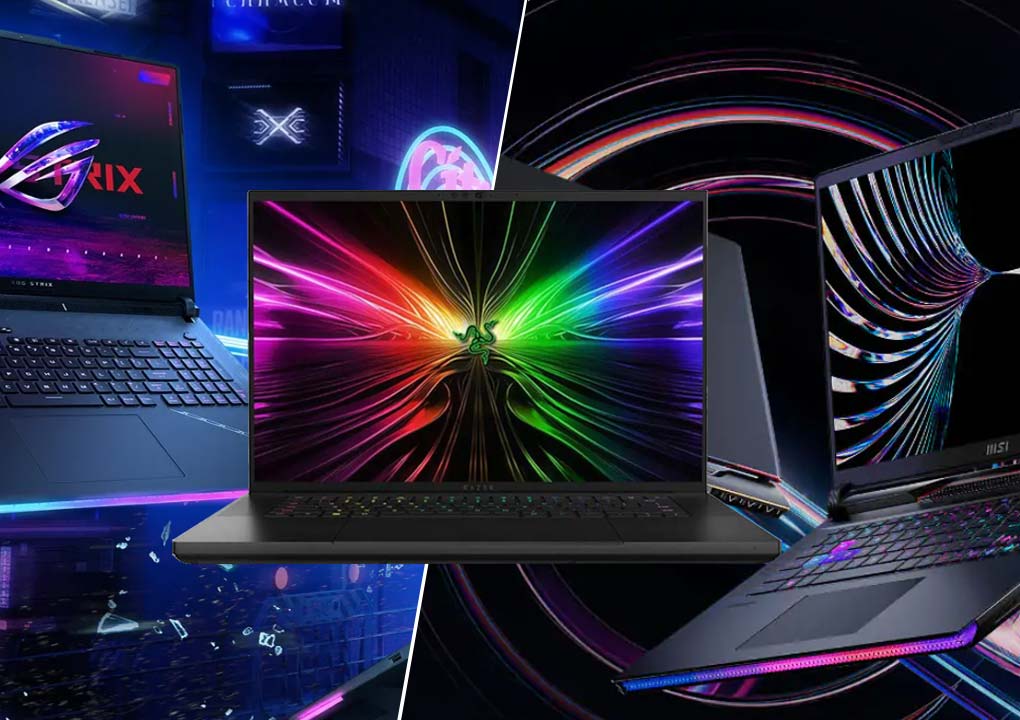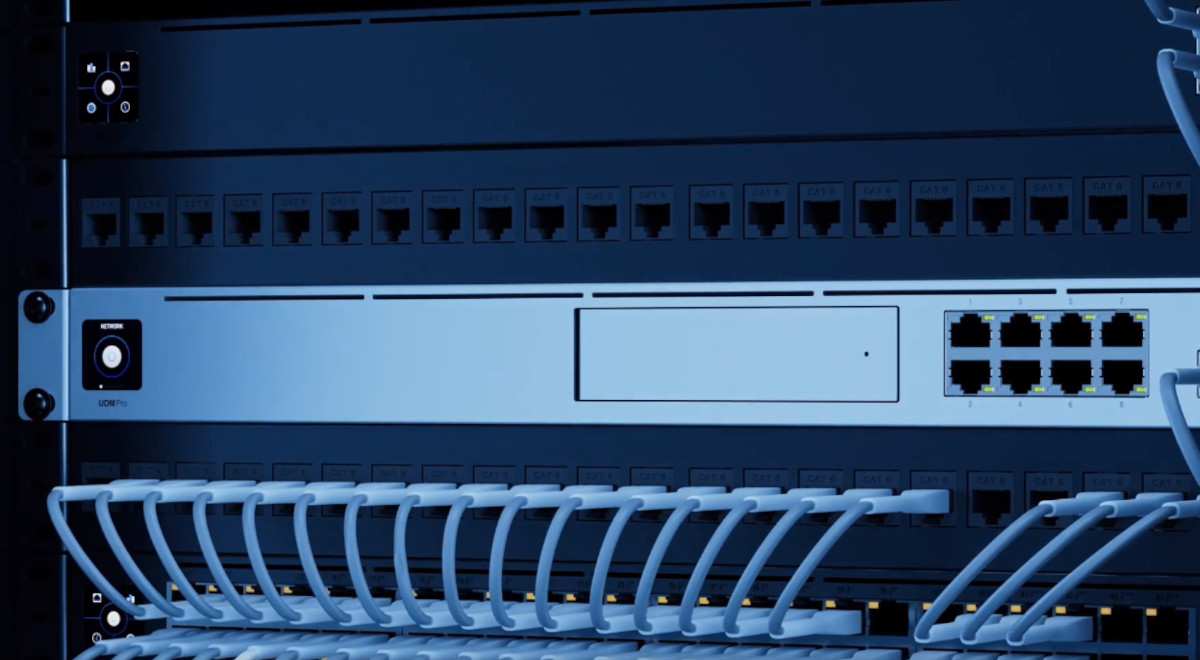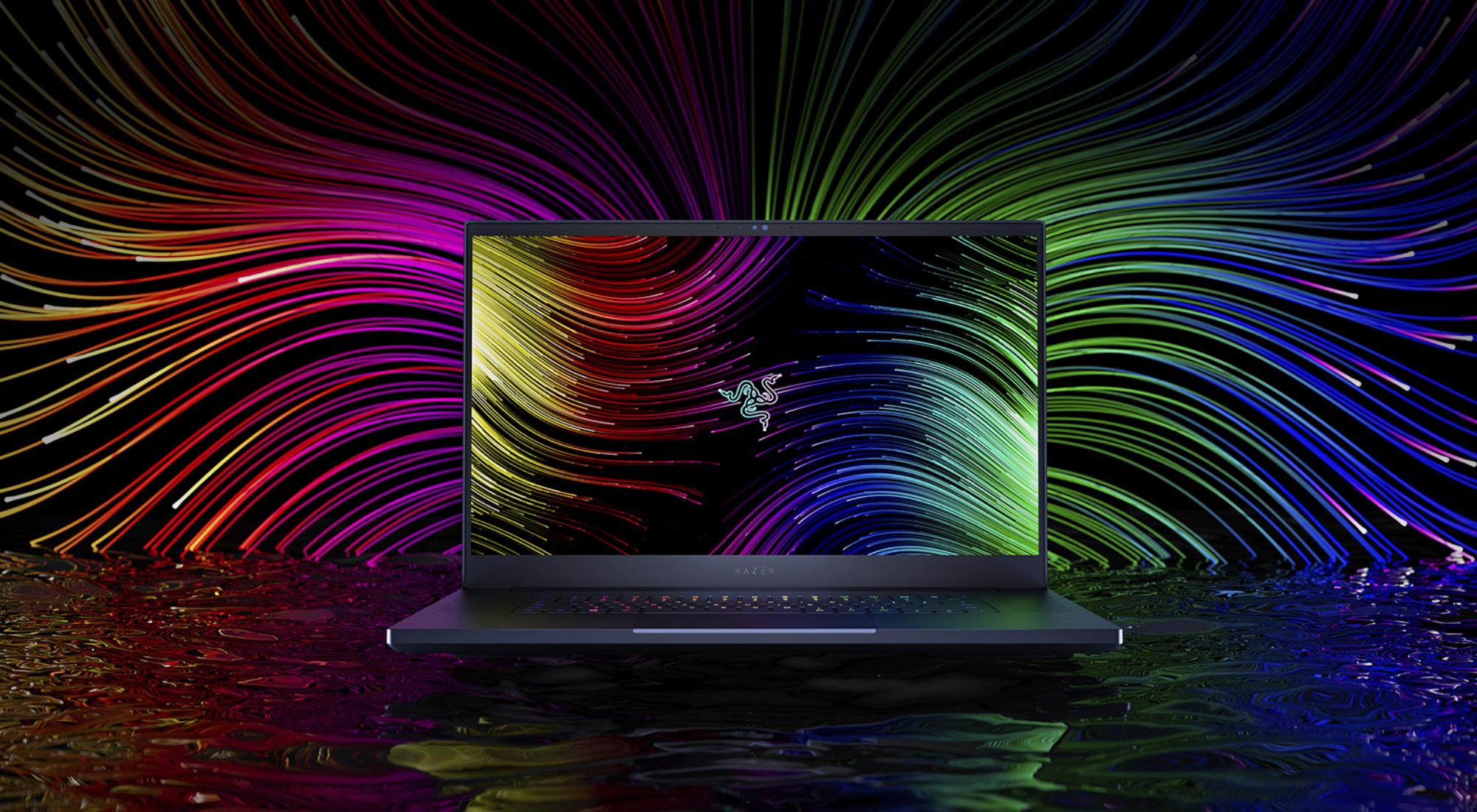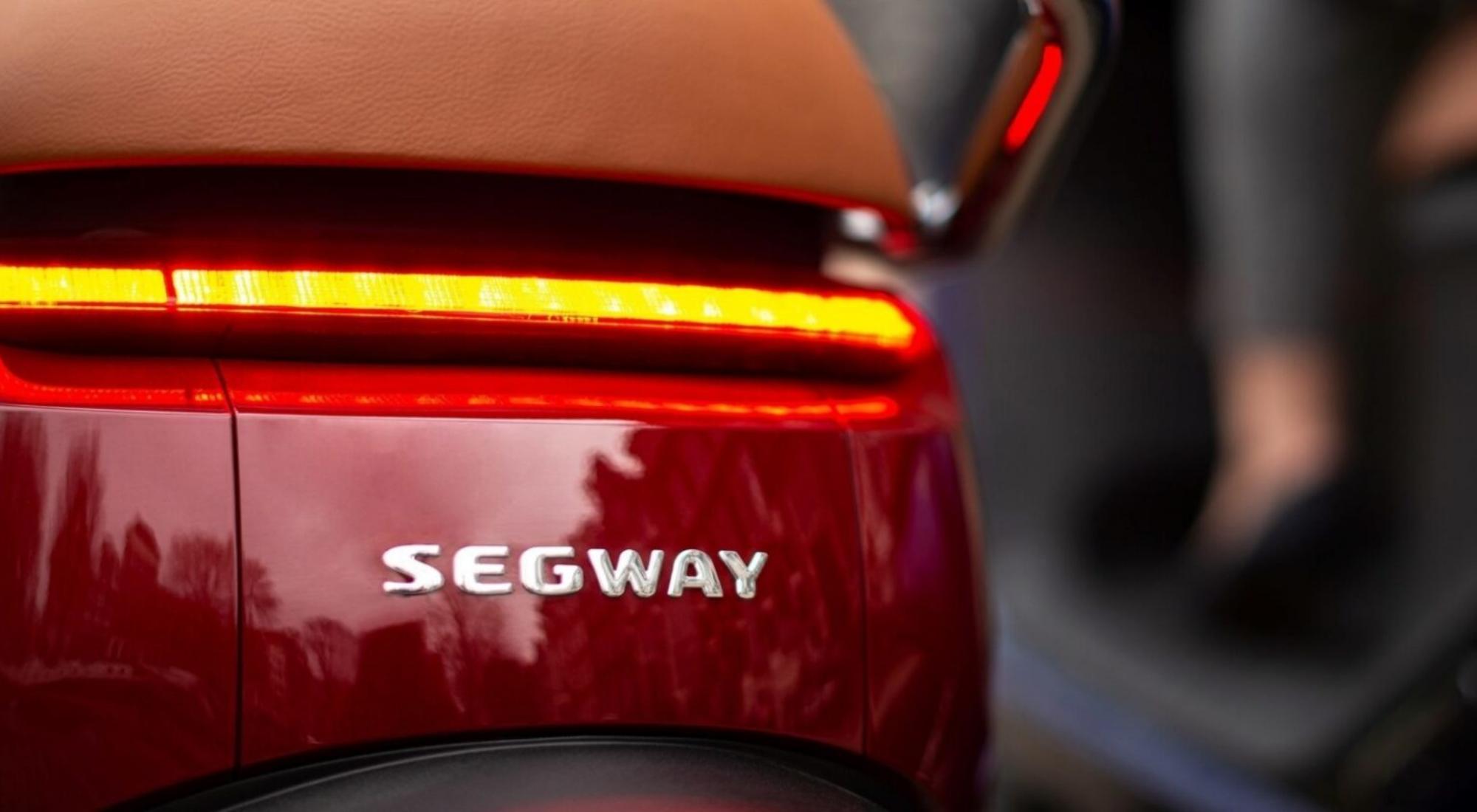Desktops vs Laptops: What to consider before purchasing?
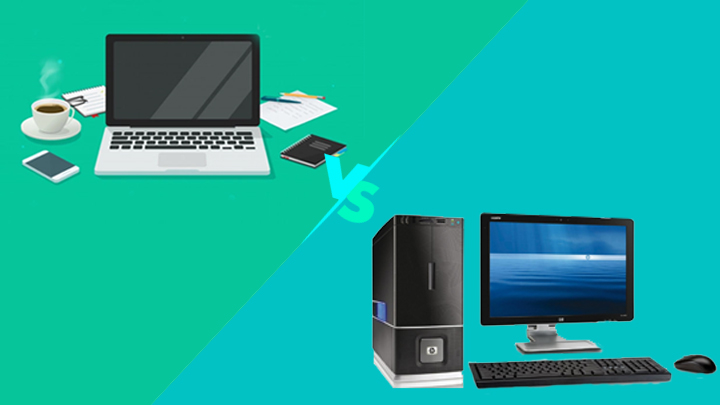
When you’re looking to purchase a new computer, your first question to yourself should be “Should I buy a laptop or a desktop?” It’s not a simple choice and with this guide, we aim to help you find what’s right for you.
While some people use their tablets as a portable work station, a lot of people need much more power for their programs and applications so instead, they may opt for a laptop or desktop, however, there’s a trade-off in terms of the power of a desktop or the portability of a desktop.
Here’s what you need to know and consider before you commit to purchasing your next PC, whether you’re interested in a desktop or a laptop.

What’s the difference between a desktop and a laptop?
A desktop PC consists of a tower (also known as the case), inside that, a whole bunch of parts such as the motherboard, graphics card, processor, etc. This tower usually sits on or under your office desk or bedroom, really anywhere you want your PC to be set up in your home/office. Alongside the tower, you’ll have a display monitor, keyboard, and mouse.
A laptop however is a singular compact device that includes a screen, trackpad, and all its internal parts which would be similar to those in a desktop, but not always the same. Laptops are portable and can be taken with you almost everywhere and can fit in a backpack. They also don’t require a constant power source like a desktop as they come with an in-built battery that you can charge to use the laptop on the go or simply in another room. They come in a whole range of screen sizes, most commonly known sizes are 13”, 14”, 15”, and 17”. Of course, there are other sizes as well, however, these are the most common sizes you’ll find in laptop PCs

Computer speed
A while ago, if you wanted a fast and speedy computer, you’d have to purchase a desktop PC. However, as technology has grown, we can find laptops that are just as fast as some desktop PCs. Some gaming laptops even have specs that are almost equivalent to high-end desktop PCs.
In saying that, if you’re looking for a PC with “top of the line” components, then a desktop PC will give you much more flexibility to pick and choose the parts that you want. Desktop PC components are usually first on the market as well, before they make their way to laptops in most cases, so you’d have more options when building a desktop.
However, when you factor in the practicality of having a portable PC and the value difference between the two the lines get blurred. Even if some high-end laptops can’t beat what a PC can provide, they can still provide fantastic performance with the convenience of it being a portable machine. Unless you’re doing extremely heavy workloads or hardcore gaming, you may not notice what you’re missing out on,
If you’re in the market for a computer just so you can surf the net, for photos, social media, etc. then a laptop would be a perfect fit for you.

Specifications
The main specifications you should look out for when purchasing a new laptop or desktop are the CPU, RAM, graphics card, and storage (HDD or SSD).
Desktops are larger and have room for more complex and powerful components compared to laptops.
- The CPU is the “brains” of your computer helping process all the data.
- RAM (also known as memory) is a form of temporary computer storage that allows stored data to be received and read almost instantaneously. The more RAM you have, the more programs you can load at once, and the faster every application will be.
- The graphics card will determine how well you can play video games but also helps with graphics processing in general.
- Storage is how much you can store on your device. Try to aim for an HDD with at least 1TB of storage or if the device has an SSD (similar to a hard drive, but much, much faster) try to find something with at least 512GB or more storage. SSDs are more expensive than HDDs, so it may be something to consider when purchasing.
Laptops, generally have lower specifications than desktops, however, these days you may be able to find the exact equivalent of a desktop’s specs, inside a laptop, however, the laptop would cost a considerable amount more than the desktop with the same specs, due to the portability.
A good 99% of laptops cannot swap out components like a desktop can, so in most cases, you’re locked into the specs of the laptop, until you purchase a new one. Most laptops only allow you to add/upgrade your RAM and in some cases, your storage too. So if you’re the type that likes swapping out parts to upgrade, then a laptop wouldn’t be the best choice for you.
The CPU also makes a huge difference in the performance of a PC. Most laptop CPUs are often the same as their desktop counterparts. So if you’re looking for a speedy-high performing laptop or desktop, make sure you find a model with an Intel Core i5, i7, or i9. If you prefer an AMD build, consider something with a Ryzen, Ryzen 2, or Ryzen 3 CPU.
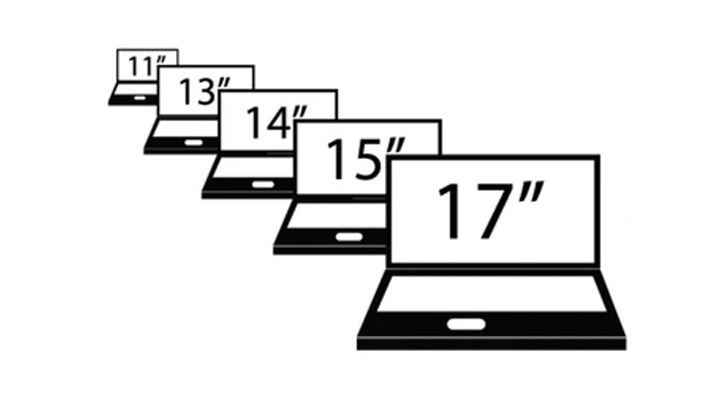
Screen size and resolution
When purchasing a laptop, it’s important to consider what screen size would be suitable for you and if you like any specific features for the screen, for example, 144-300Hz, HDR, 4K resolution, etc. The reason this is an important thing to consider when purchasing a laptop is that, unless you buy an external monitor you can plug into it, then you’ll be stuck using the same screen until you get a new laptop. When also considering the size of the screen, be aware that the bigger the screen is, the heavier the machine will be. For the best portable sizes, try to find something between 12” and 15”, anything above that would be much heavier and some people consider the 15” to also not be as portable as the small options. Of course, the better the specs of the screen, the more costly it will be. As with a desktop, you will need a monitor, but this can be switched out whenever you want to upgrade the screen, so it’s a slightly easier choice.

Do new laptops and desktop PCs come with any free software?
If you purchase ready-built desktops or laptops, they would generally come with an operating system installed (generally Windows 10). Depending on the manufacturer, they may have some software for you to configure and control some of the components, which unless you want to change a setting, will always be running in the background. Be on the lookout for some special promotions though, some may come with professional applications (such as photoshop, at no extra cost), games or anti-virus software that can be bundled with laptops or desktops.
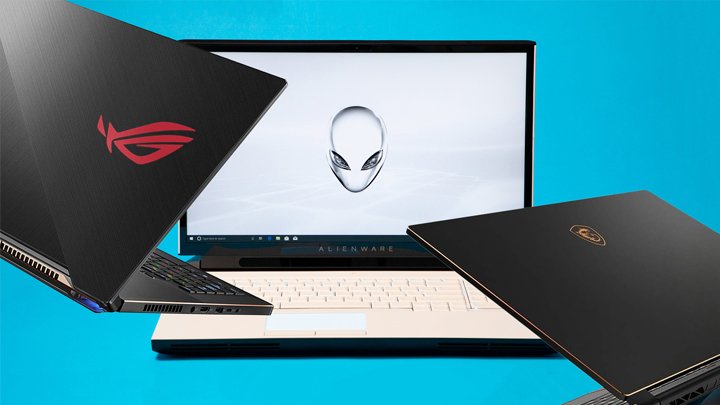
Why buy a laptop?
Well, these days, a good tablet can do all the work for you. However, they come with their limitations and aren’t as powerful compared to a laptop. So if you’re looking for something that you can take with you on the move, then a laptop may be the way to go. A laptop with a decent battery can last you all day on a single charge while you’re out at work, on public transport, or traveling.
A PC on the other hand will restrict you to the specific location you install it (unless you move it and plug it in elsewhere)
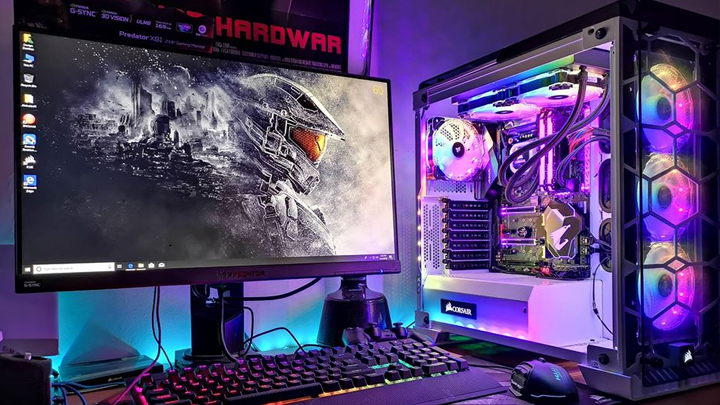
Why buy a desktop PC?
Maybe you want to store huge amounts of data such as music, pictures, movies/videos, to play games with the best graphics and in comfort, or if you simply want to do heavy workloads, such as photo/video editing, 3D graphics, etc.
A powerful desktop is generally less expensive than a laptop with similar specifications. Desktops also have the advantage of upgrading the components at a later date. So if you opt for a weaker processor or graphics card this time around, later on when you need that extra performance, you can upgrade the parts by buying and switching out the components, the same goes for RAM, storage, and the CPU, almost any internal component can be upgraded on desktop PCs.
A laptop, in most cases, can only have the storage upgraded or more RAM added to it. Other than that, that’s where your flexibility ends in terms of the components with laptops.
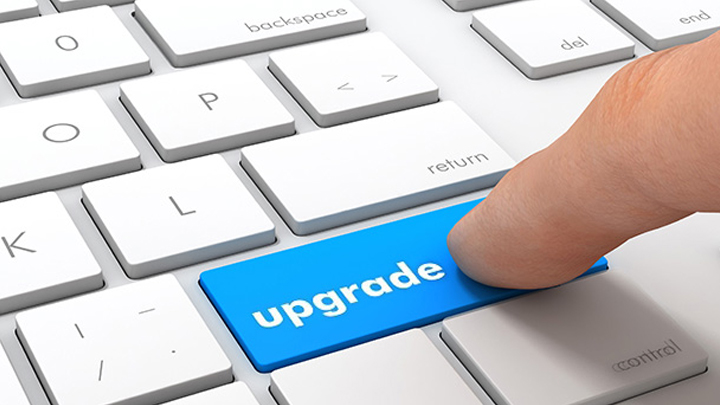
Should I upgrade my current computer or buy a new one?
This depends on how old your current computer is.
If your computer is already more than 3 years old, then it can be challenging to find the best upgrade parts and can also be an expensive task. In some cases, it won’t be possible at all to upgrade the components.
In that case, then maybe it’s worth looking into buying a new one that has the latest technology, so you don’t have to worry about it for years to come. If your computer isn’t much older, still relatively new and you want some extra boost, you can look at the key components to upgrade, such as the CPU/Processor, RAM (memory), hard drive or SSD, and the graphics card, which would be a better and cheaper option than purchasing a brand new desktop or laptop.
If you do have a laptop, as mentioned, only storage and RAM can be upgraded, but even with lots of RAM, if you have outdated components, the RAM isn’t going to make much of a difference for you, in that case, it’s best to start looking for a new machine.
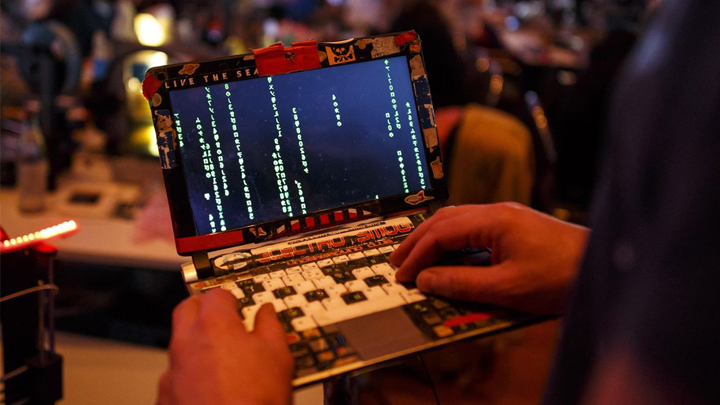
Should I buy a premade desktop or build my own?
Premade desktops usually come with a slightly higher price compared to ones you build your own with the same specs, as it involves labor but comes with the convenience of taking it home and setting it up right away. Pre-made builds come with a warranty for all the parts in the computer for a set amount of time, rather than for each individual component.
Most people are hesitant to build their own PC, due to lack of knowledge or due to difficulty. However, most computers these days are very easy to put together yourself. Most of the plugs are color-coded and cannot be plugged in the wrong way. If you’re not confident that you can do it yourself, seek advice from a friend, and in some cases, while there’s a fee, your local computer shop can help you put it together, which will still be cheaper than a pre-built system.
The great thing about pre-built PCs is that they already have an operating system preinstalled (such as Windows 10), so when you get home (or to work), all you have to do is connect the cables, turn it on and you’re ready to go.

Can I extend the memory of my computer?
In most cases, both laptops and desktops can upgrade the amount of RAM. Desktops, on their motherboard, usually have 4 RAM slots which you can use to upgrade, not all of them will be in use once you get your computer in a lot of pre-built scenarios, so you’re free to add more.
If you don’t have enough slots left to add more, you can swap out some of the modules with a bigger capacity RAM module, for example, if you have a total of 16GB RAM and are using 4 x 4GB RAM, you can remove two of those, add an extra 8GB in one slot and then you’ll have an extra slot for more ram, or you can use one of those that you removed to put into the empty slot.
The same goes with laptops, however, in most cases they may only have 2 RAM slots to upgrade and one may already be taken.
Different computers have different requirements for the type of memory (memory speed and memory module), the maximum memory, and the combination of memory that can be installed. Make sure you check your manual in the case of a prebuilt computer or seek advice.

What about accessories?
A great question to ask. Most of the time, desktops are pretty barebones, they won’t come with any extras such as a microphone, webcam, speakers, or even a monitor. So in that case you may need to seek out some extra external components if you need to use those tools. A laptop, however, has in-built speakers, a screen, a microphone, a webcam, and more. Most laptops are true all-in-one PCs, however, have their limitations as explained above.
We hope this helps you with your decision of laptop or desktop, while there are not too many differences between the two, there’s still an important choice to be made and we hope this had made your choice clearer.
If you’re interested in checking out some of our pre-built desktops, please check them out here.

If you’re interested in some of our laptops, please click here to check them out.









